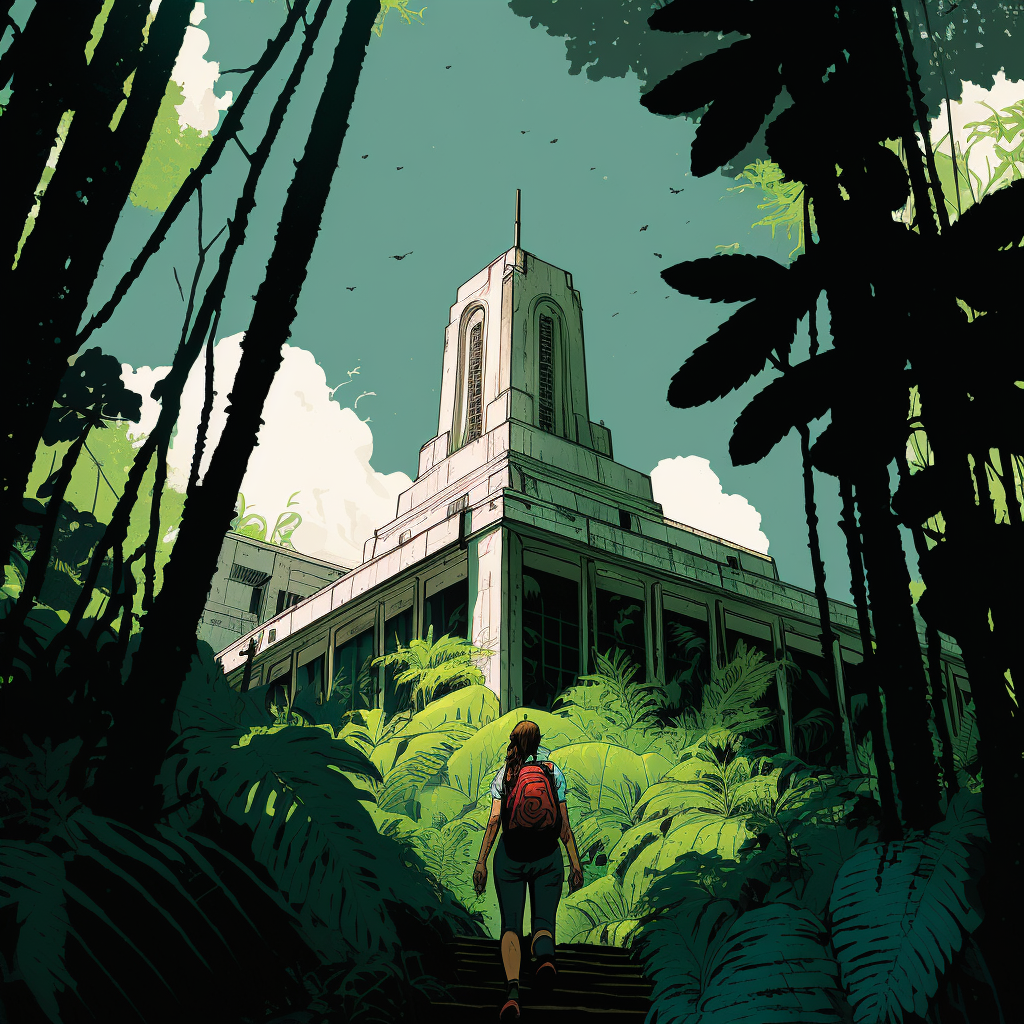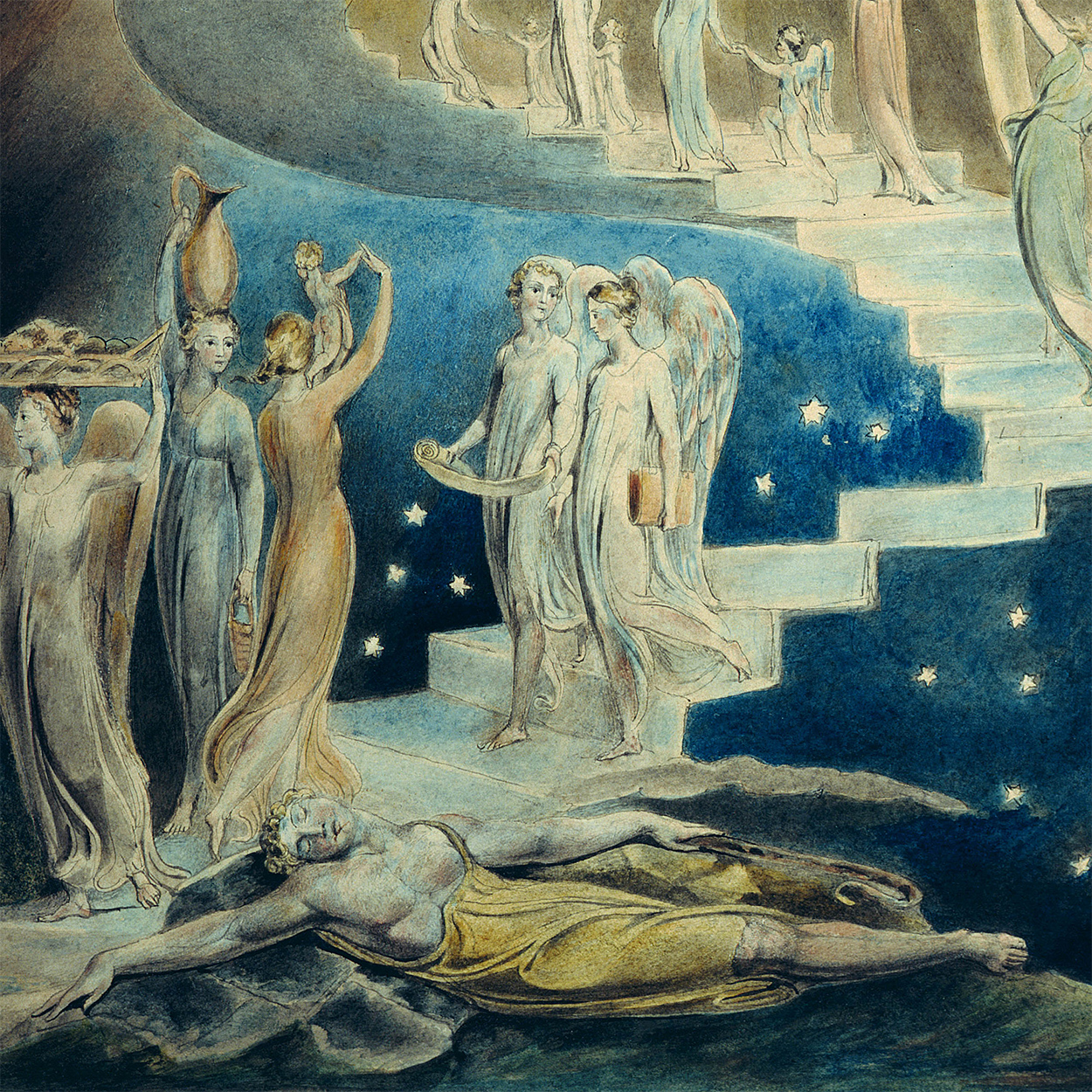
Religious Retreat Recharges Your Mind, Body, and Soul
Stressed? Studies show that religious escapes can improve your well-being, creativity, and spirituality by providing an opportunity for reflection.

Stressed? Studies show that religious escapes can improve your well-being, creativity, and spirituality by providing an opportunity for reflection.

In a world that can be frightening and unstable, certain conviction can bring a measure of tangible comfort, whether or not it’s actually true.

How could someone go from bored teenager to mass-murdering race warrior? It starts with the dangerous reality of online radicalization into white supremacy.

What can we learn from people who find deeper and more lasting healing from depression? A whole lot, it turns out. Introducing an in-depth examination of themes across stories of sustainable healing from depression.

All the boundary talk in America today can clearly do some good. Are there some unintended effects it also might be having on family relationships?

Some emergency preparation suggestions if access to psychiatric medication becomes limited or unavailable.

What else can we do to help prevent cognitive decline in loved ones vulnerable to dementia? Research confirms the oversized impact of continued sociality—from card games to conversations.

The case for why pornography use is better understood as a lived solipsism and hedonism—in partial concurrence and reflective response to Hess and Barborka.

Growing and making changes can bring joy to life—as does finding deeper relationships. Can all this decrease emotional suffering too? What could it mean for our mental health if this became more central to our healing efforts?

Long COVID brought not only disabling fatigue and brain fog but a soul-stretching challenge to my sense of self.

The FDA approved antidepressants as helpful short-term support based on studies spanning a few months. In making longer-term decisions, it’s crucial to pay more attention to what we know from longer-term research studies.

Everyone loves to believe that psychologists approach clients through a purely neutral lens. It’s precisely this mistaken presumption that allows real-life conversions to take place unawares.